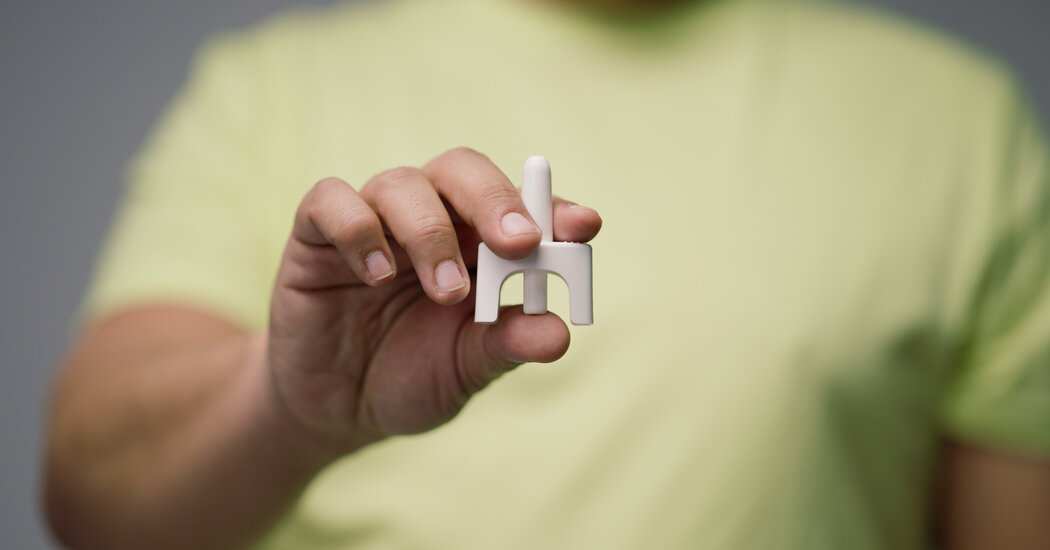Introduction
Ritalin (methylphenidate) is a prescription medication commonly used to treat Attention-Deficit/Hyperactivity Disorder (ADHD). It is important to be aware that misuse of Ritalin may have serious legal and health consequences. This article examines the signs and risks of Ritalin misuse, as well as strategies to prevent it.
Ritalin abuse signs:
Increased Dosage Without Medical Supervision: Abusing Ritalin is evident when you take higher doses than prescribed, or change the dosage without consulting your healthcare provider.
Crushing and Snorting Some people abuse Ritalin tablets by crushing them into fine powder, and then snorting the powder. This method rapidly delivers the drug into the bloodstream and intensifies the effects. It also increases the risk of abuse.
Ritalin Abuse:
If you are using Ritalin illegally or without a prescription, it is an indication that it has been abused.
Ritalin misuse includes taking it for recreational reasons, like to feel euphoria, or to increase alertness.
Doctor Shopping:
Some people “doctor shop” by visiting several healthcare providers in order to get multiple Ritalin prescriptions. This can lead to abuse and excessive use.
Ritalin Abuse: Ritalin abuse can lead to individuals neglecting their responsibilities such as school, work and relationships due to their obsession with obtaining the drug and using it.
When not taking Ritalin you may experience withdrawal symptoms such as depression, fatigue or irritability. This can be a sign of physical dependence and abuse.
Ritalin abuse:
Physical Health Consequences Ritalin abuse may lead to a variety of physical health problems including cardiovascular issues, sleep disorders, weight loss and malnutrition.
Consequences for Behavioral and Psychological Health
Ritalin abuse can lead to anxiety, paranoia and mood swings. It may also cause aggression and personality changes.
Tolerance and dependence:
Individuals who abuse Ritalin over time may develop tolerance. They will need higher doses in order to achieve desired effects. This can lead both to physical and mental dependence.
Legal and social consequences
Misuse of prescription medications is illegal. Individuals caught with Ritalin, without a prescription, may face legal penalties, such as fines or imprisonment. Abuse of prescription medication can strain relationships.
Overdose
Excessive amounts of Ritalin may lead to an overdose. Symptoms include chest pain, confusion and hallucinations. Seizures can also occur.
Ritalin abuse prevention:
Education is key: Educating adolescents and young adults about the dangers of Ritalin misuse is crucial. Information about potential consequences may serve as a dissuader.
Proper Medication Store: Ritalin is prescribed by a doctor. The medication should be stored safely and away from others’ reach to prevent unauthorised access.
Regular Medical Monitoring:
Health care providers should regularly evaluate Ritalin to ensure it is used as prescribed, and to monitor for signs of misuse.
Alternative Treatment Options:
Healthcare providers should consider non-pharmacological or alternative treatment options for individuals who are at risk of Ritalin misuse.
Communication:
Encourage open and honest communication in families and between peers to identify signs of abuse. This can provide a chance for intervention.
Substance Abuse Treatment If you are at risk of Ritalin abuse or already do, then substance abuse treatment and counseling can be crucial in helping to address the underlying problems and provide support.
Monitor Behavior Changes. Family members, coworkers, and friends should be alert to any behavioral changes that are noticeable, such as an increase in secrecy or social withdrawal. Sudden mood swings could also indicate Ritalin use.
Ritalin is a medication that should be disposed of properly to prevent unauthorised access. The guidelines and programs of healthcare providers that provide medication disposal can be very helpful.
Co-Occurring disorders:
It is important to address co-occurring disorders such as depression or anxiety. Ritalin abuse can be caused by these conditions, but treating them may reduce the risk.
Access Restrictions Parents and guardians must restrict the access of children or adolescents who have ADHD to Ritalin, particularly those at risk for misuse. It is important to keep control over the medication, and only dispense as prescribed.
Informing Schools and Colleges :
It is important to inform educational institutions about the prescription of Ritalin for a student. This can prevent unauthorised access and provide assistance if necessary.
Review Ritalin regularly with your healthcare provider. Treatment plans can be adjusted based on the progress of an individual or changing circumstances.
Peer Support Groups Peer support groups are a great way for people who are at risk of Ritalin abuse or have recovered to talk about their experiences and get advice from other people who have been through similar situations.
Early Intervention Programs. Schools and colleges need to have programs that identify and support students at risk for Ritalin abuse.
Parental Guidance Parents have a vital role to play in educating children on the proper use of medications and the dangers of misusing them.
Access to Crisis Helplines and Support Services for Ritalin Abusers and Families: Provide crisis helplines, support services and information about Ritalin abuse.
Individuals who require professional assistance can benefit from locating and contacting local treatment centers that specialize in substance abuse.
Conclusion
When used under medical supervision and as prescribed, Ritalin can be a very effective medication to manage ADHD. Misuse and abuse can have serious consequences for an individual’s health, wellbeing, and legal standing. Early intervention, prevention, and education are key to preventing Ritalin abuse. Families, healthcare providers and educators should all work together to ensure that Ritalin is used safely and appropriately.





